Texas is a state of great contrasts, known for its booming cities, oil industries, and vibrant cultures. Yet beneath the surface of growth and prosperity, some small towns face severe economic challenges. Among these, one town has recently been identified as the poorest in Texas, highlighting the harsh realities of poverty that still affect many communities. This article explores the story of this town, its struggles, and the broader context of poverty in Texas.
The Poorest Town in Texas: Escobares
Located near the U.S.-Mexico border in Starr County, Escobares holds the unfortunate distinction of being the poorest town in Texas. This small rural town, with a population of around 1,500 people, experiences an intense concentration of poverty. The median household income in Escobares is significantly below both the Texas and national averages, hovering just under twenty-two thousand dollars annually.
Geographically, Escobares sits near Rio Grande City in southern Texas, an area that is among the poorest in the entire United States. The town’s population is predominantly Hispanic, with Spanish commonly spoken in homes and schools. Despite the close-knit community, Escobares faces stark economic and social obstacles.
Reasons Behind the Poverty
Several intertwined factors contribute to the poverty level in Escobares:
-
Limited Employment Opportunities: The town lacks a robust business or industrial base, making job availability scarce. Many residents find it difficult to secure stable and well-paying employment.
-
Educational Challenges: A large portion of the adult population has not completed high school. This educational gap restricts access to better-paying jobs and perpetuates economic hardship.
-
Inadequate Public Services: Access to healthcare, reliable transportation, and adequate housing is limited, intensifying the difficulties residents encounter daily.
-
Border Location Complexities: Being so close to the U.S.-Mexico border presents unique challenges, including immigration issues and constraints on resource allocation, which affect economic development.
Effects and Living Conditions
Poverty in Escobares runs deeper than income statistics. Many families live in housing that lacks basic amenities such as proper plumbing and heating. Overcrowding is common as families share small spaces to manage expenses. Children growing up in these conditions often face nutritional deficiencies and fall behind in educational milestones due to lack of supplies or the necessity to work at a young age.
Healthcare access is another major concern. Many residents do not have health insurance or easy access to clinics, which results in untreated illnesses and chronic health problems. Public transportation options are scarce, restricting mobility and making it harder for residents to reach jobs, schools, and medical services.
The Broader Context of Poverty in Texas
Although Texas is known for its economic dynamism, poverty remains a significant issue. Statewide, around fourteen percent of residents live below the poverty line, a rate that is above the national average. Rural counties, particularly in South and West Texas, face higher poverty rates compared to urban areas.
Some towns like Commerce, Marlin, and Raymondville also experience high poverty levels, each with their own unique challenges, from educational shortfalls to job scarcity and limited public infrastructure. Poverty is especially pronounced among children and elderly populations, with many families struggling to make ends meet in the face of rising costs.
Efforts Toward Improvement
Community leaders, local organizations, and nonprofits in Escobares are working diligently to address these issues. Food assistance programs, educational support, and medical outreach initiatives aim to improve quality of life. Some efforts focus on encouraging higher education and workforce training to expand opportunities for residents.
At the state and national level, there are plans to support border towns with targeted investments, job creation programs, and improved social services. Despite these efforts, lasting change requires sustained commitment and resources.
Conclusion
Escobares stands as a poignant example of the enduring challenges faced by some Texas communities. Its status as the poorest town in the state sheds light on the complex interplay of unemployment, education gaps, limited services, and geographic factors that fuel poverty.
Understanding and addressing these challenges is essential—not just for Escobares but for similar towns across Texas and the United States. While progress can be slow, the resilience and solidarity of communities, coupled with dedicated aid and policy support, can pave the way toward a more hopeful and equitable future.








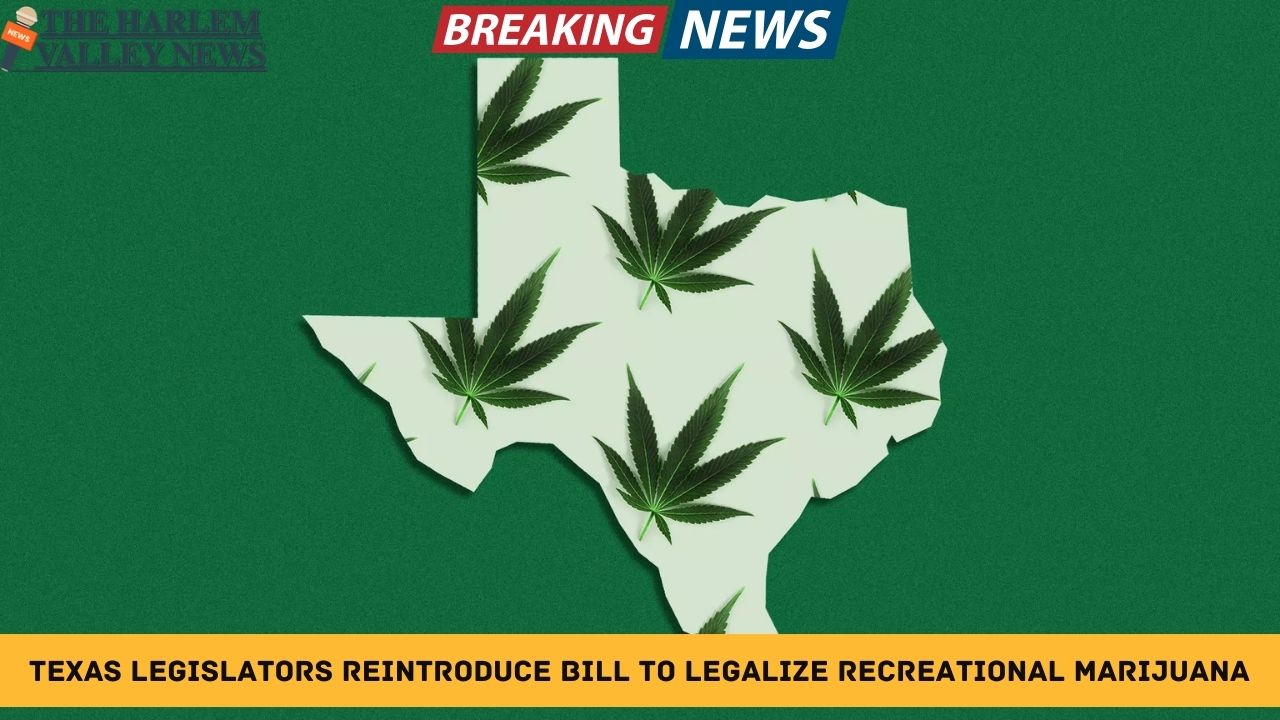



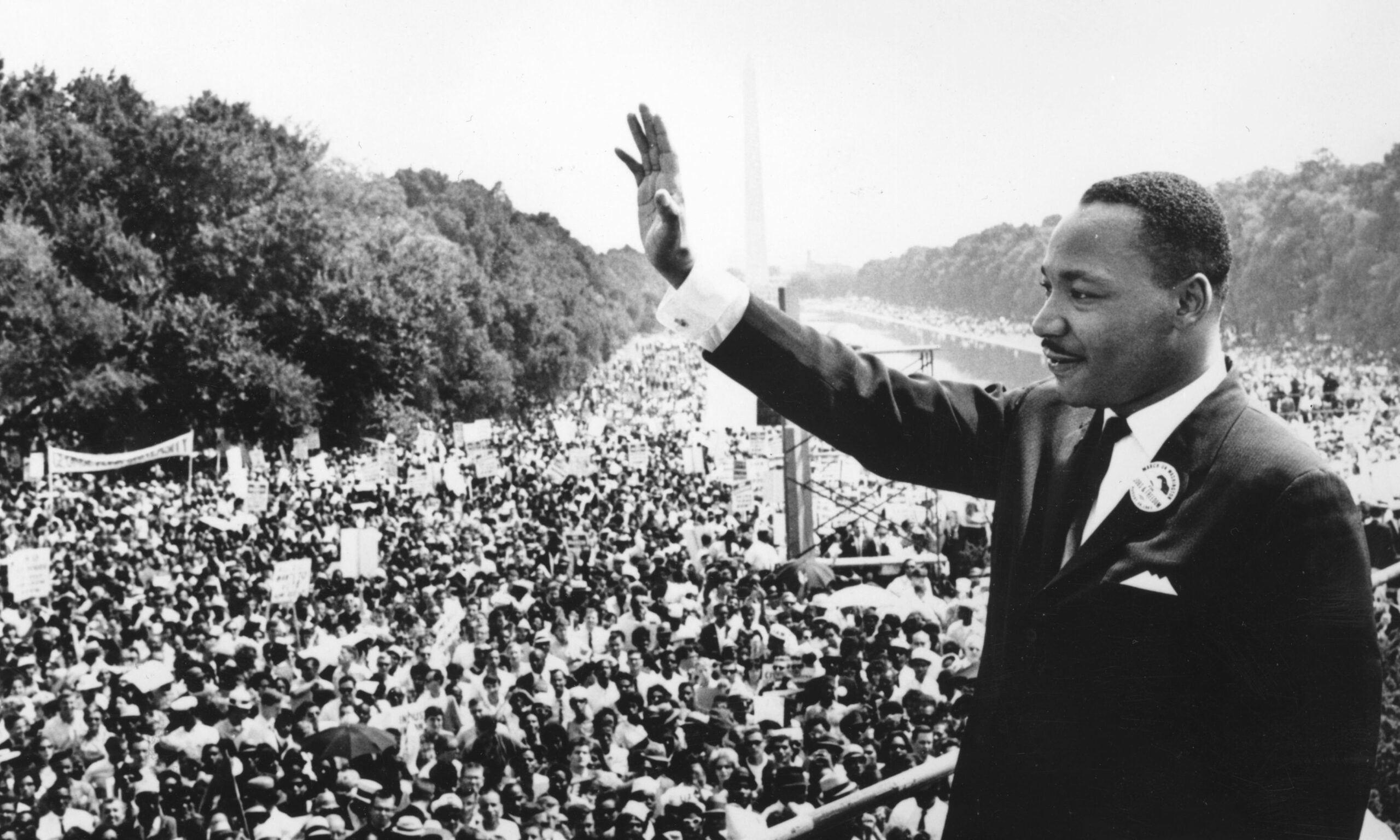
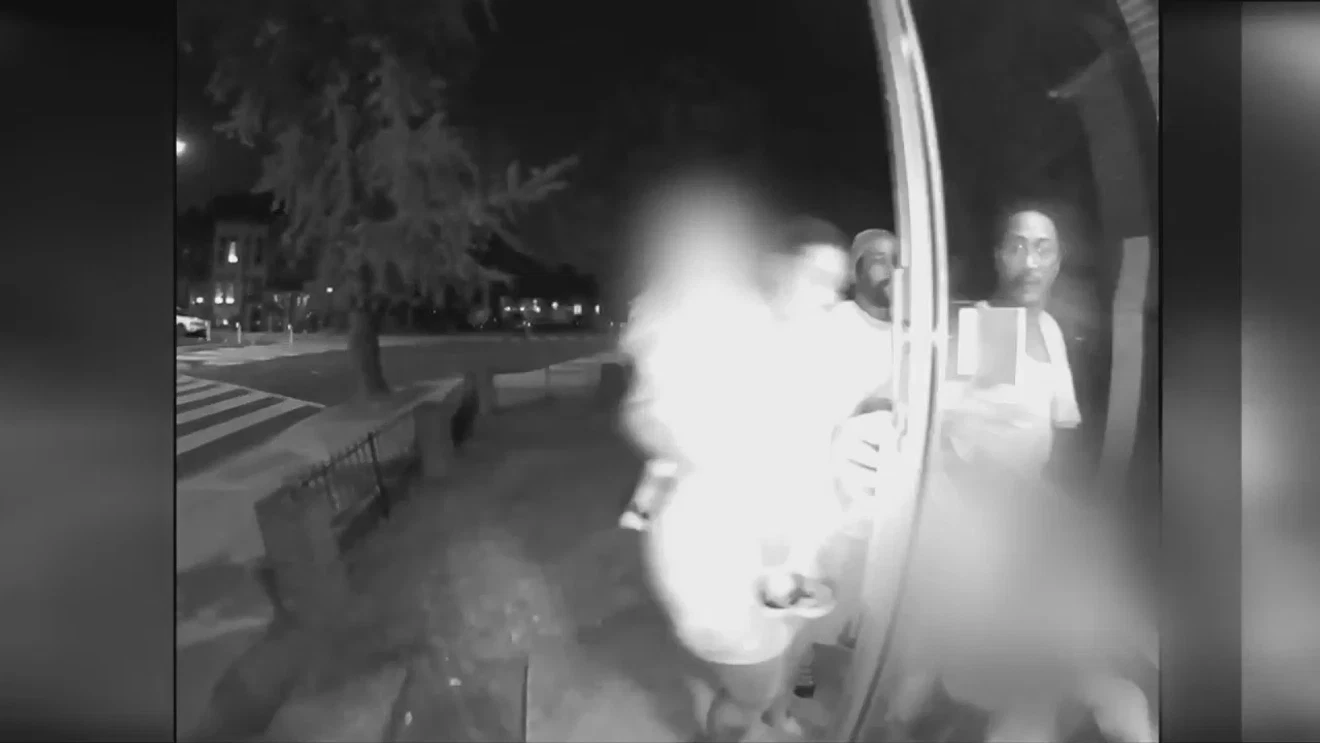
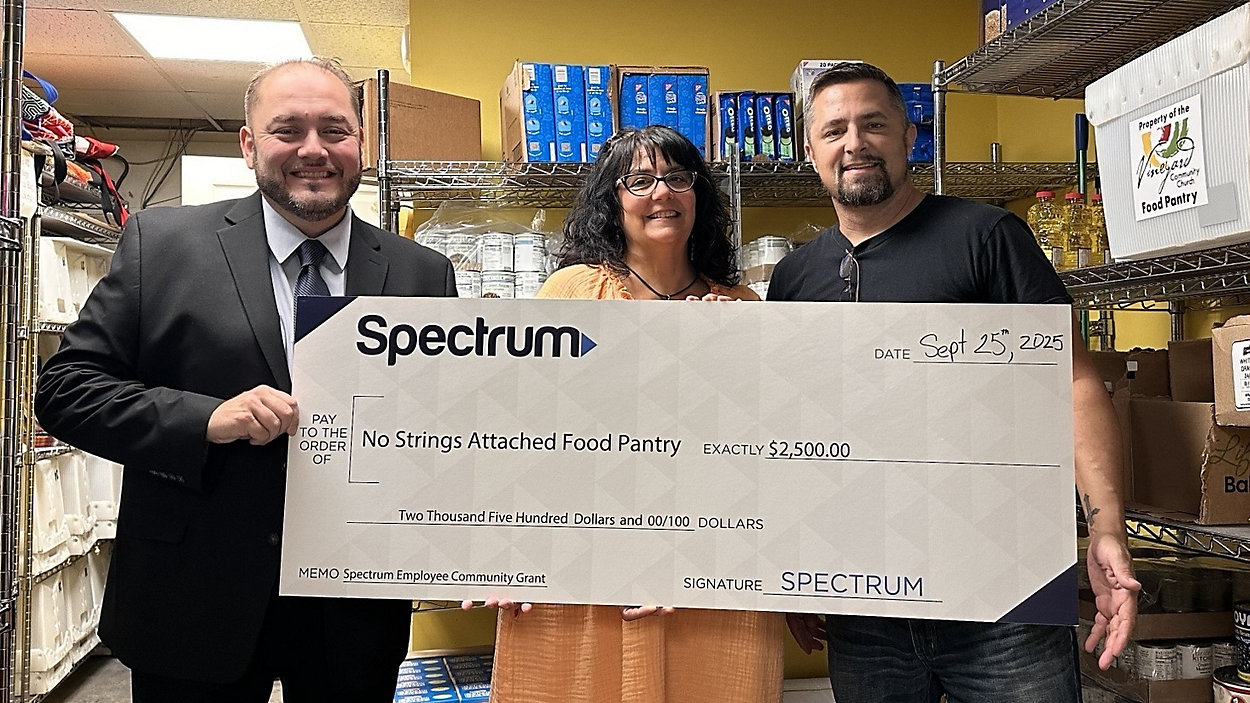
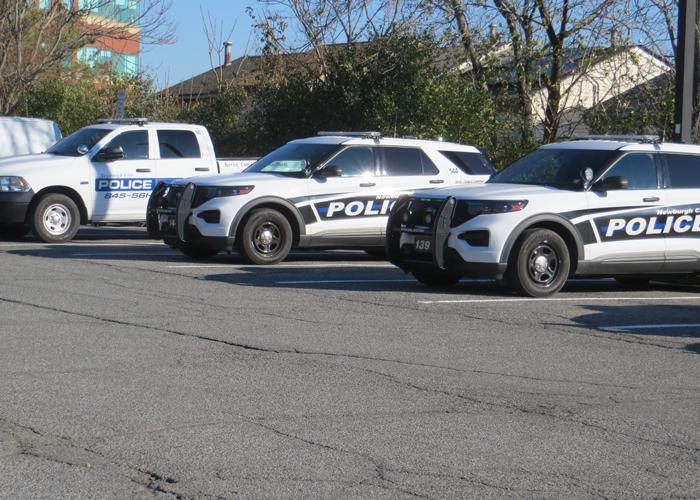
Leave a Reply